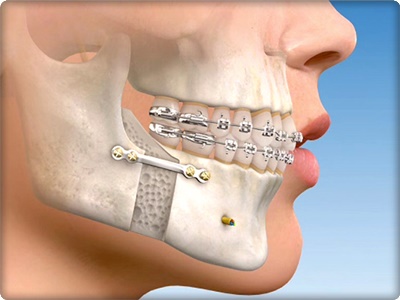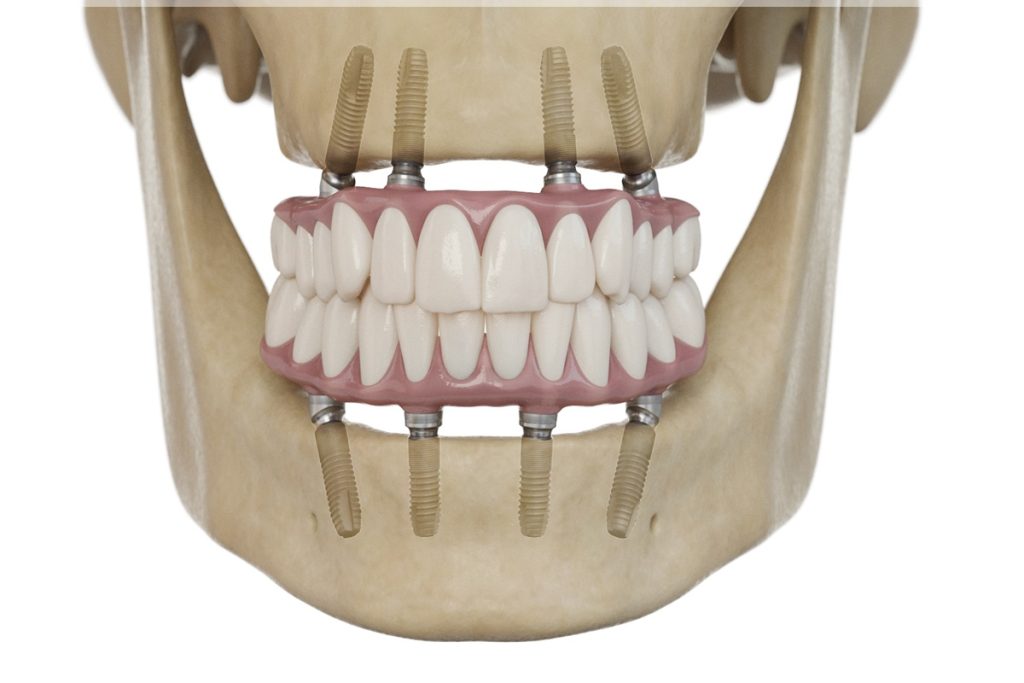- Ataşehir mahallesi 8229/1 sokak A Blok No:3/1, İzmir, Turkey


Jaw joint problems can directly affect the shape of the face and the structure of the mouth. These issues make it difficult for patients to sleep, chew, and speak, leading to discomfort in daily life. The jaw joints, which are connected to the neck and spine, can cause significant issues such as jaw misalignment if left untreated. Without proper treatment, jaw joint problems can lead to irreversible conditions that make everyday activities more challenging. To address jaw joint problems, our specialized jaw surgeons offer personalized treatment plans tailored to the specific needs of each patient.

Jaw joint disorders develop due to various factors, as the jaw is closely connected to the neck, spine, and teeth. The jaw plays a key role in activities such as chewing, speaking, swallowing, and breathing. A healthy individual uses their jaw joint around 2,000 times a day. The lower jaw joint moves in coordination with the neck and spine, allowing for full movement in all directions (up, down, left, right). When this movement system is strained or disrupted, jaw joint problems can arise, impacting daily activities such as eating, speaking, and swallowing.

Our specialists conduct a detailed examination process to diagnose jaw joint problems. Before a definitive diagnosis, patients undergo X-rays to thoroughly assess the jaw joint. Based on the findings from our physical therapists, dentists, plastic surgeons, and, when necessary, psychiatrists, a jaw joint disorder diagnosis is made. Once the root causes of the jaw joint problems are identified, appropriate treatment methods are developed.
Common causes of jaw pain include:
Jaw joint disorders can lead to the following issues:

Jaw misalignment can develop from various causes, including:

Signs and symptoms of jaw misalignment include:
Jaw misalignment, marked by pain and restricted movement, significantly affects patients’ social lives and daily activities.